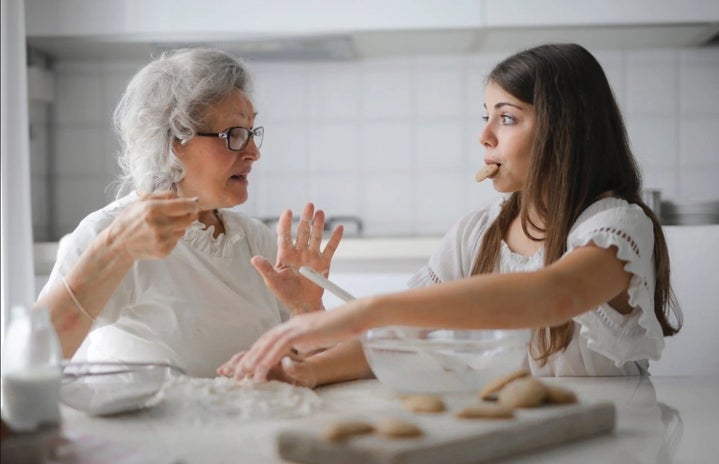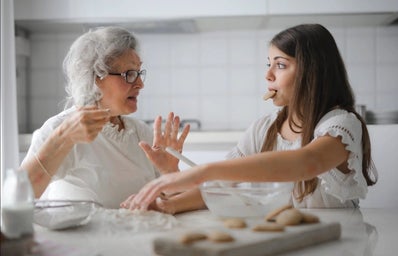Have you had “the talk” with your parents? You know, the one where they put a condom on a banana and tell you to imagine your life with an unplanned pregnancy? In my family, sex was not a topic up for discussion and instead it was left for my health teacher to explain. The class was super informative (I learned how an egg gets fertilized. Sexy, right?).
Sexual health education has been a topic of discussion for the past few years in Ontario, with rollbacks and revisions to the curriculum that leave students confused and vulnerable. In 2019, the Ontario government released a new sex-ed curriculum which was similar to the version Premier Doug Ford scrapped the year prior. When Ford was first elected in 2018, scrapping the Liberal government’s version meant a rollback to a 1998 version, leaving an immense gap on critical issues like gender identity, consent and cyberbullying. What emerged from this gap was a wave of sexual health professionals, aiming to educate both kids and adults alike.
Nadine Thornhill, a Toronto-based expert in adolescent sexuality, became a sex educator when she realized how insufficient her own sex education had been. A study by MediaSmarts in 2014 reported that 23 per cent of teens sought out pornography online, an unreliable source of education. Her web series, #SaveSexEd tackles topics such as: “How will I know when I’m ready for sex?” or, “How to use a dental dam,” all addressed educationally so anyone watching can learn and take part in sex-positive conversations. Thornhill told the Toronto Observer in an interview that her primary intent is to give adults the resources they need so they can be reliable and trustworthy figures who can facilitate young people’s education. “I think a lot of us don’t have a framework for how you would have this conversation in a child-appropriate way,” she says.
Being able to talk to your children about sex may not come naturally to every parent, but with insufficient education and pressing gender identity issues, some parents find it necessary to start the conversation. For Carlyle Jansen, a sex educator and registered psychotherapist, she tries to make sex-ed a part of a regular conversation with her two teens, rather than having a one-time sit-down. “When a song comes on that addresses something I’ll bring it up, or if we’re watching a film and something happens I’ll talk about it,” she says. “I use those as educational opportunities.” Jansen adds that she took her eldest son to Planned Parenthood so that he knew where it was located and what services they offered, in case he ever had questions he wasn’t comfortable asking her.
Jansen remembers her kids hearing the term anal sex from another student in the schoolyard. And, with increasingly mobile environments, kids are already being exposed to terms and content well before they hear about it in a classroom. “So the idea is let’s give them accurate information rather than what they’re getting from their friends or from porn,” she says, adding that porn and Google searches aren’t going to be helpful for a healthy sex life. Also, even if teens are being taught things like how to put on a condom, they may not necessarily know “the how,” (how do I bring it up? How do I interrupt the moment? How do I ask for permission?).
Jansen owns Good For Her, a sex-toy shop that also hosts workshops on Harbord St. Parents sometimes come to her workshops because they want to be comfortable and a reliable source of information to their kids. One source she recommends to teens is Scarleteen, a sex-education website created for and by teens.


